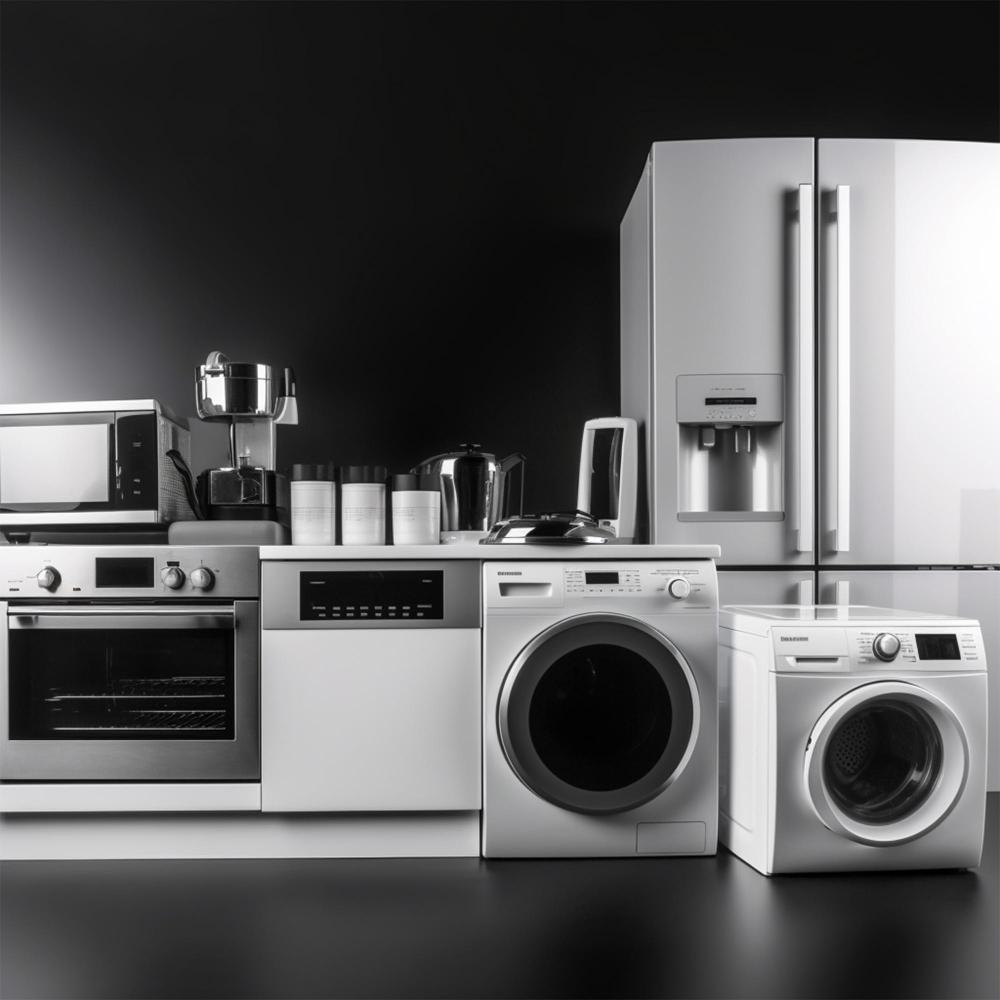Call This Monday to Get 25$ OFF
24-Hour Emergency Electricians in San Antonio
Call this Monday to Get 25$ OFF
Need an Electirician?
SCHEDULE SERVICE NOWCall Us Now
210-955-9600Call This Monday to Get 25$ OFF
24-Hour Emergency Electricians in San Antonio
Call this Monday to Get 25$ OFF
Need an Electirician?
SCHEDULE SERVICE NOWCall Us Now
210-955-9600
Electrical systems are sensitive enough with professional installation, but DIY electrical work can turn things into a chaotic threat. While electrocutions and electrical fires are the most serious of concerns, the damage to appliances is also worth noting.
In this brief article brough to you by Mr. Electric, we shed light on some electrical mistakes that could end up damaging your appliances and require urgent repairs. If you are concerned about your electrical system and want to hire a qualified electrician, then call Mr. Electric to speak with a live member of our team.
One of the most common mistakes DIY enthusiasts make is overloading circuits. Every circuit in your home is designed to handle a specific amount of electrical load. When you have too many devices connected to a single electrical circuit, it can lead to overheating and damage. This not only affects the circuit itself but can also cause appliances connected to that circuit to malfunction or fail.
To prevent overloading circuits, distribute your electrical load evenly across different circuits. Avoid daisy-chaining power strips or extension cords, as they can easily exceed a circuit's capacity. If you frequently experience tripped breakers or flickering lights, it's a sign that your circuits are overloaded, and immediate action is necessary to prevent further damage.
Another common DIY mistake is incorrect wiring – whether during installation or repairs. Incorrectly wired outlets, switches, or appliances can cause short circuits, voltage spikes, and other electrical issues. These issues not only pose a risk to your safety but can also damage your appliances over time.
When performing electrical work, always follow the manufacturer's instructions and adhere to local building codes. Use proper wiring techniques, such as securing connections with wire nuts and ensuring wires are stripped to the correct length. If you're unsure about any aspect of wiring, consult with a qualified electrician to avoid costly mistakes.
Proper grounding is essential for safely operating electrical appliances. Grounding provides a path for excess electricity to safely dissipate, thereby preventing damage to appliances and reducing the risk of electrical shocks. However, DIYers often overlook or improperly install grounding systems.
When installing or repairing electrical outlets or appliances, always ensure they are properly grounded. Use grounding wires of the appropriate gauge and connect them securely to grounding terminals. Remember to have ground fault circuit interrupter, or GFCI outlets for added protection in areas prone to moisture – such as kitchens and bathrooms.
Voltage fluctuations, whether sudden spikes or drops, can wreak havoc on sensitive electronic appliances. The lack of functional voltage regulators or neglecting to address fluctuation issues can lead to premature appliance failure.
To protect your appliances from voltage fluctuations, consider installing surge protectors or voltage stabilizers. These devices can regulate voltage levels and divert excess voltage away from your appliances. Additionally, regularly check your home's voltage levels and address any fluctuations promptly to prevent long-term damage.
If you suspect there has been DIY electrical work performed on your home and would like a certified electrician to investigate, then call Mr. Electric to schedule an electrical inspection. Our electricians can examine the electrical system and give you an assessment with a degree of confidence.
Our trained and experienced electricians also come prepared to handle most electrical repair service the first time around. Stocked vehicles and dedicated electricians are on standby to take your call today. Contact Mr. Electric to get in touch with a member of our team.